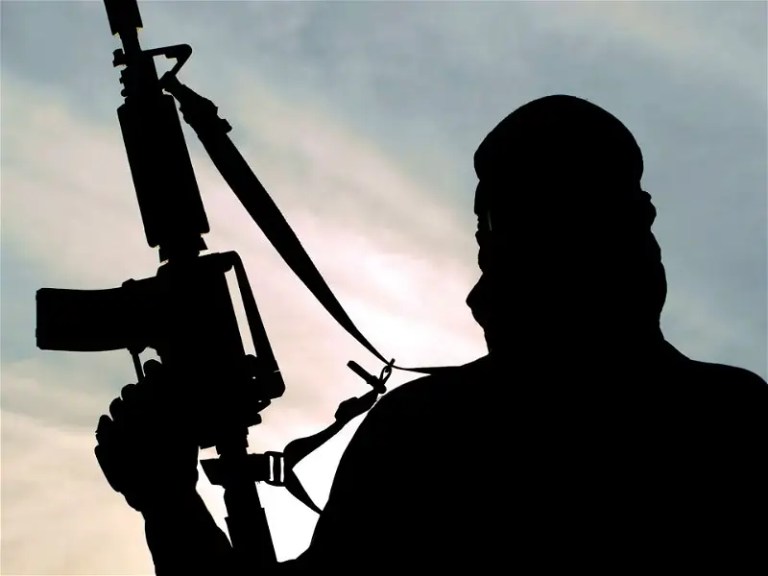Opinion
Nigeria’s democracy on line as politicians wield media outlets, by Alhassan A. Bala
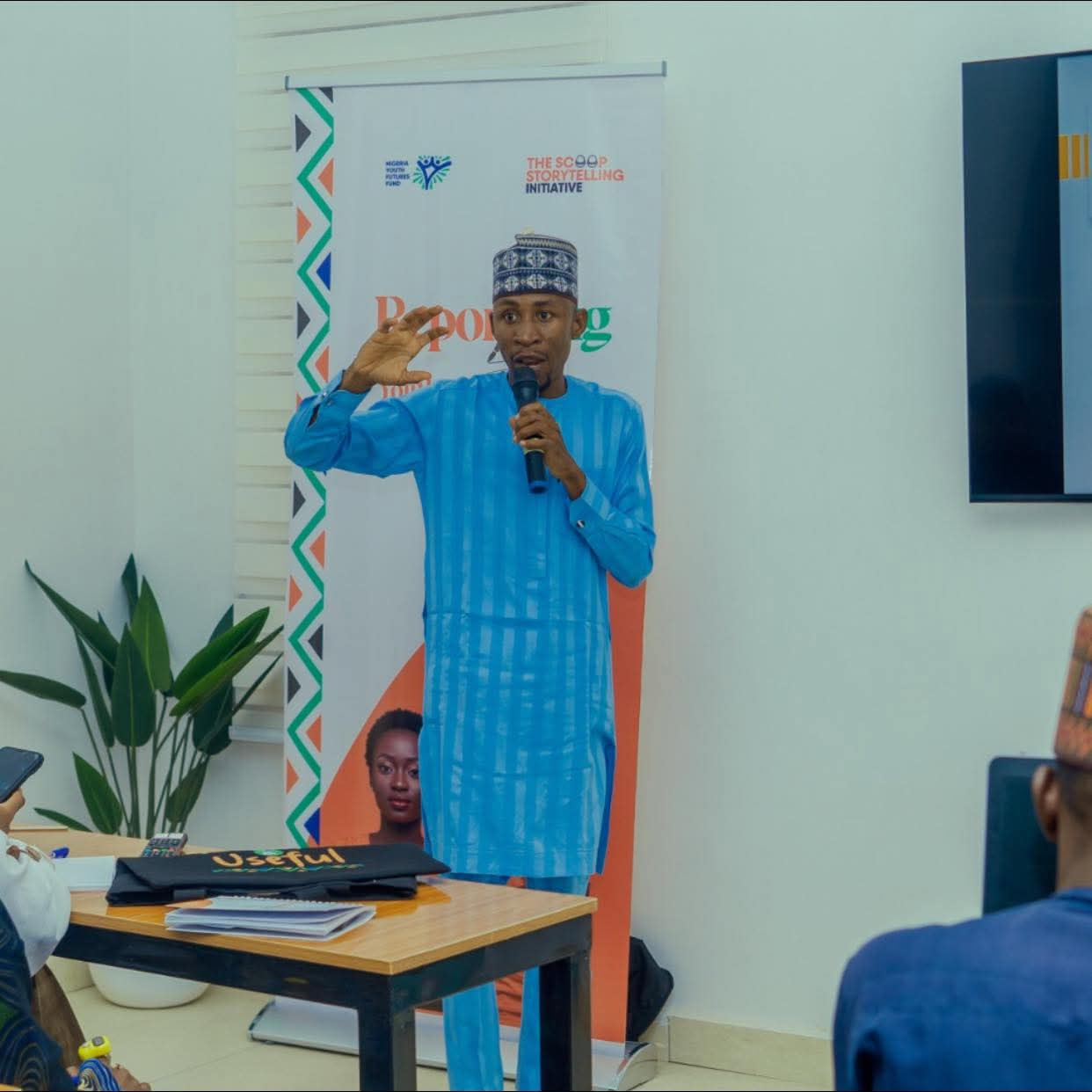
As the Fourth Realm of the state as well as the known watchdog of society, a media house is an entity that delivers news, information, or entertainment to the public through various channels.
Nowadays, these channels can include traditional media like newspapers, magazines, radio, and television, as well as newer platforms like websites, social media, and online video platforms.
Therefore, a media outlet acts as a bridge between creators of content and the audience and shoulders the burden of presenting such contents as truthful as they are.
Suffice it to say, however that when a Nigerian politician acquires a radio, newspaper or a broadcast station, he/she is not merely diversifying his/her business portfolio; rather he/she is ostensibility purchasing a direct influence over our national conversation.
As more of our elected officials and political elites secure ownership stakes in media outlets across Nigeria, we witness a dangerous blurring lines between those making policy decisions and those tasked with scrutinising them. This troubling trend poses a serious threat to our still-maturing democracy.
As a journalist that started the carrier with a privately-own media organisation, who later moved to an international media organisation and having covered Nigerian politics for over a decade, I’ve observed this pattern with growing alarm: acquisition is followed by subtle editorial shifts, culminating in the transformation of once-credible news organisations into partisan mouthpieces that serve their owners’ political ambitions.
The evidence surrounds us daily. Major broadcast networks linked to prominent political figures consistently frame national issues to advance specific political agendas. Several newspapers owned by serving or former governors remain conspicuously silent on corruption allegations against their proprietors. Media houses connected to ruling party stalwarts reliably amplify government achievements while downplaying policy failures. Meanwhile, opposition-owned outlets focus exclusively on criticising the government without offering constructive alternatives.
The damage extends beyond mere partisan bias. Journalists working for politically-owned media houses practice self-censorship to protect their livelihoods. Investigations into corruption involving politically-connected figures mysteriously disappear. Critical national issues like security challenges in the North receive shallow coverage shaped by owners’ interests rather than public welfare.
This represents a fundamental corruption of journalism’s essential role in our society. Some argue the proliferation of online media will solve this problem that Nigerians will recognise bias and find alternative sources. This underestimates how information environments function, particularly in a country where digital literacy and media literacy remains uneven and data costs limit many citizens’ access to diverse news sources.
The economic realities make matters even worse. Independent journalism in Nigeria operates under extreme financial pressure, while politician-owned media houses benefit from government advertising, exclusive access to information, and sometimes, protection from regulatory scrutiny.
The Nigerian Broadcasting Commission and other regulatory bodies often find themselves powerless against media operations backed by powerful political interests. This creates an impossibly uneven landscape for truly independent voices to survive.
What’s at stake isn’t merely abstract journalistic principles. It’s Nigeria’s future as a functional democracy. When politicians control the narratives about their own performance, they effectively shield themselves from accountability. This undermines the very foundation of representative governance that Nigerians fought so hard to establish after decades of military rule.
Consider how this affected our last general elections. Media houses aligned with different political interests presented completely different versions of reality. Facts became malleable, election results contested not based on evidence but on media narratives crafted by politically-owned outlets. How can Nigerians make informed electoral choices when the information environment is so thoroughly polluted by political interests?
Let me be clear about what must change: First, we need stronger enforcement of existing media ownership transparency laws by the Corporate Affairs Commission. Nigerians deserve to know who truly owns the media they consume. Second, the Nigerian Broadcasting Commission must become truly independent, free from political interference when making regulatory decisions. Third, we need specific legislation limiting political figures’ ownership stakes in media enterprises.
Most importantly, we need civic education that helps Nigerians critically evaluate news sources and recognise when political interests shape coverage. And we must support the few remaining independent media organisations through subscriptions and advocacy.
Some will dismiss these concerns as partisan; they’re not. This problem transcends party lines and affects both APC and PDP aligned media equally. Whether media houses serve ruling party interests or opposition agendas, the fundamental issue remains: the corruption of journalism’s essential function as a check on power.
A Nigeria where politicians control significant portions of the media landscape is like a courtroom where judges take instructions from defendants. The appearance of democratic process remains, but the substance of accountability cannot survive. If we value the Nigeria our founding fathers envisioned, a true federation of informed citizens capable of self-governance we must demand information systems that serve the public, not political paymasters.
The choice before us is stark: accept a future where political elites manipulate our understanding of national challenges, or fight for independent journalism that pursues truth regardless of who holds power. Nigeria’s democratic experiment depends on choosing wisely.
Alhassan A. Bala is the founder/Editor of Alkalanci, a fact-checking and media literacy platform, writes from Abuja and can be reached at editor@alkalanci.com
-
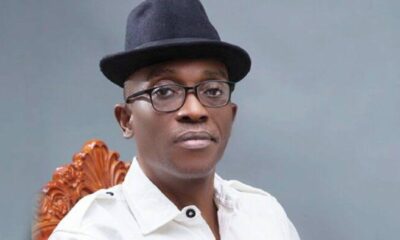
 National News1 day ago
National News1 day agoINEC’s exclusion of Julius Abure praised as victory for democratic accountability
-
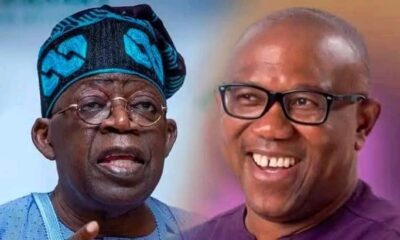
 Politics2 days ago
Politics2 days agoObi slams Tinubu over St Lucia trip
-

 Opinion1 day ago
Opinion1 day agoOsun APC guber ticket: Aspirants emerge, battle lines drawn
-
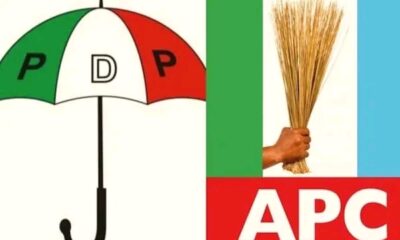
 Politics1 day ago
Politics1 day ago2027: We’re ready to unseat APC – PDP
-
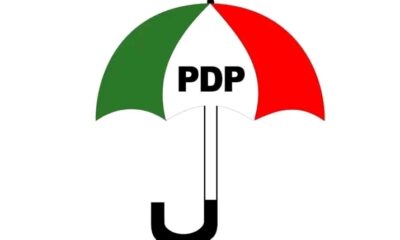
 Politics1 day ago
Politics1 day agoPDP Chairman, Damagun’s spokesperson resigns
-
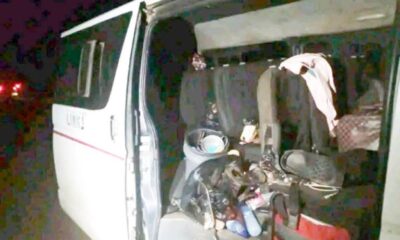
 Crime and Law1 day ago
Crime and Law1 day agoBreaking: kidnapped Benue Links passengers regain freedom
-

 National News18 hours ago
National News18 hours agoPresidency fires back at Peter Obi, defends Tinubu’s trip to Saint Lucia
-
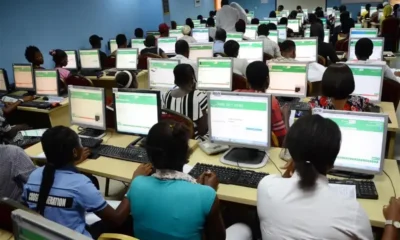
 Education17 hours ago
Education17 hours agoWe have no record of FUTA graduate — JAMB insists






